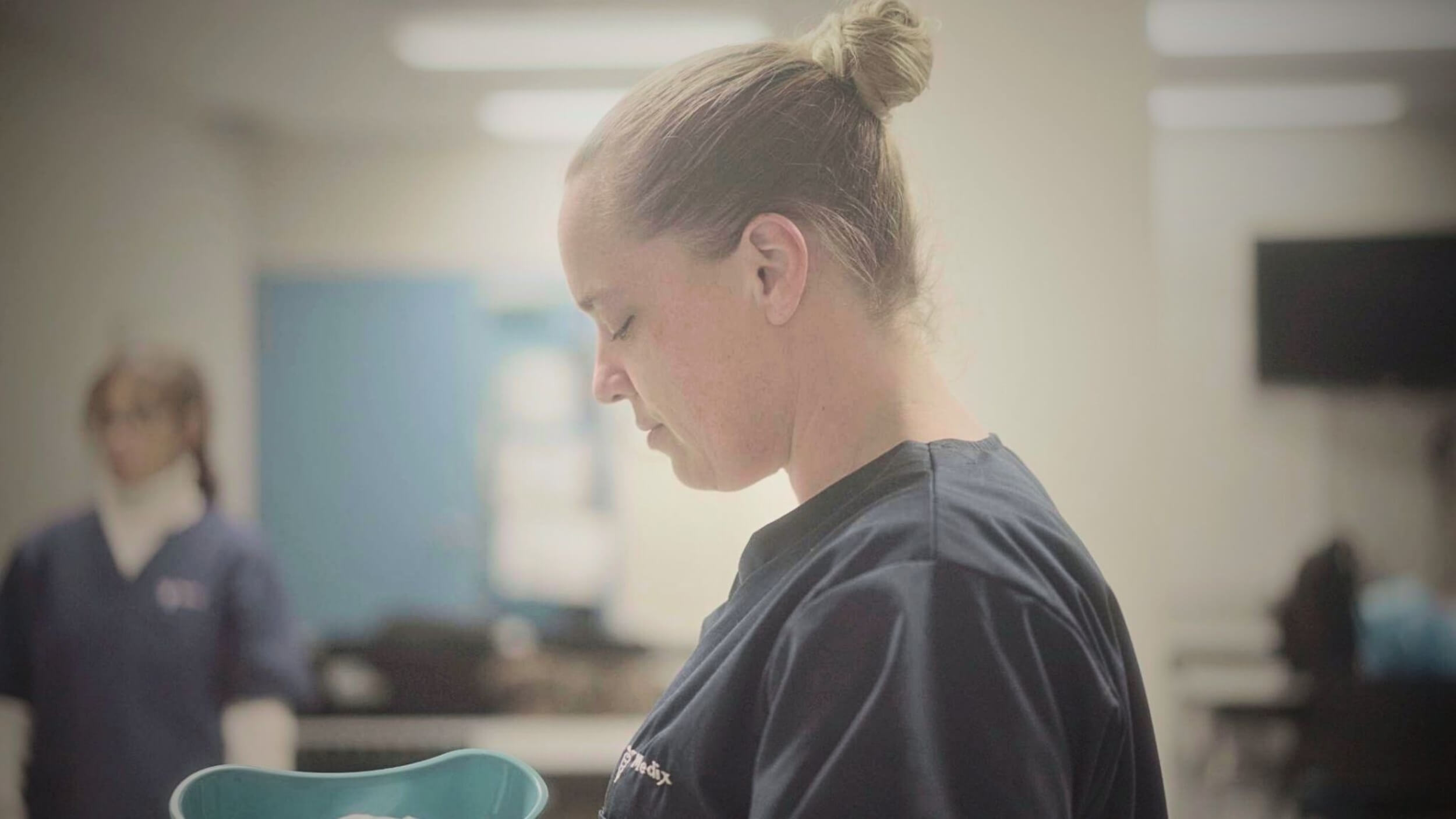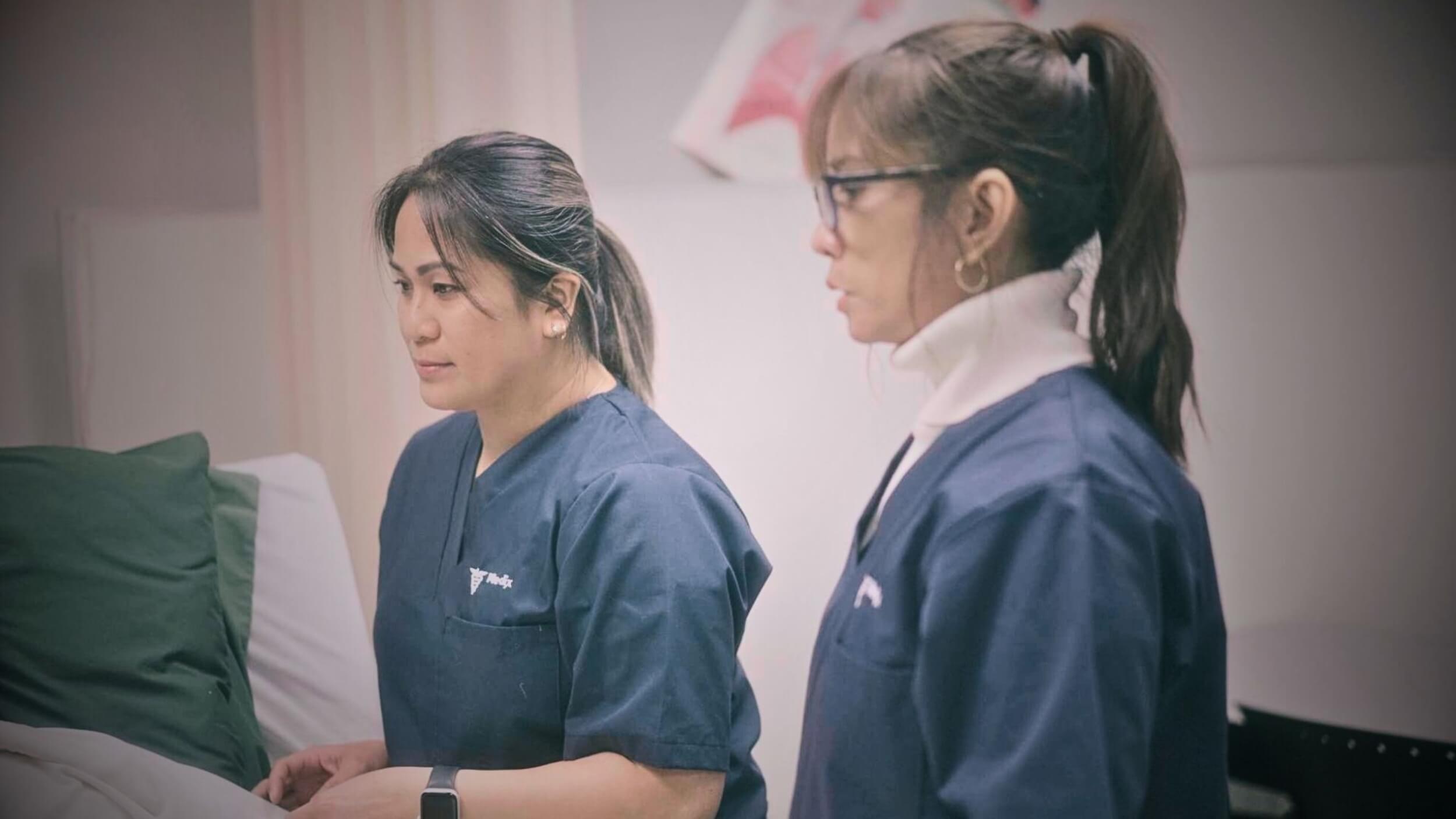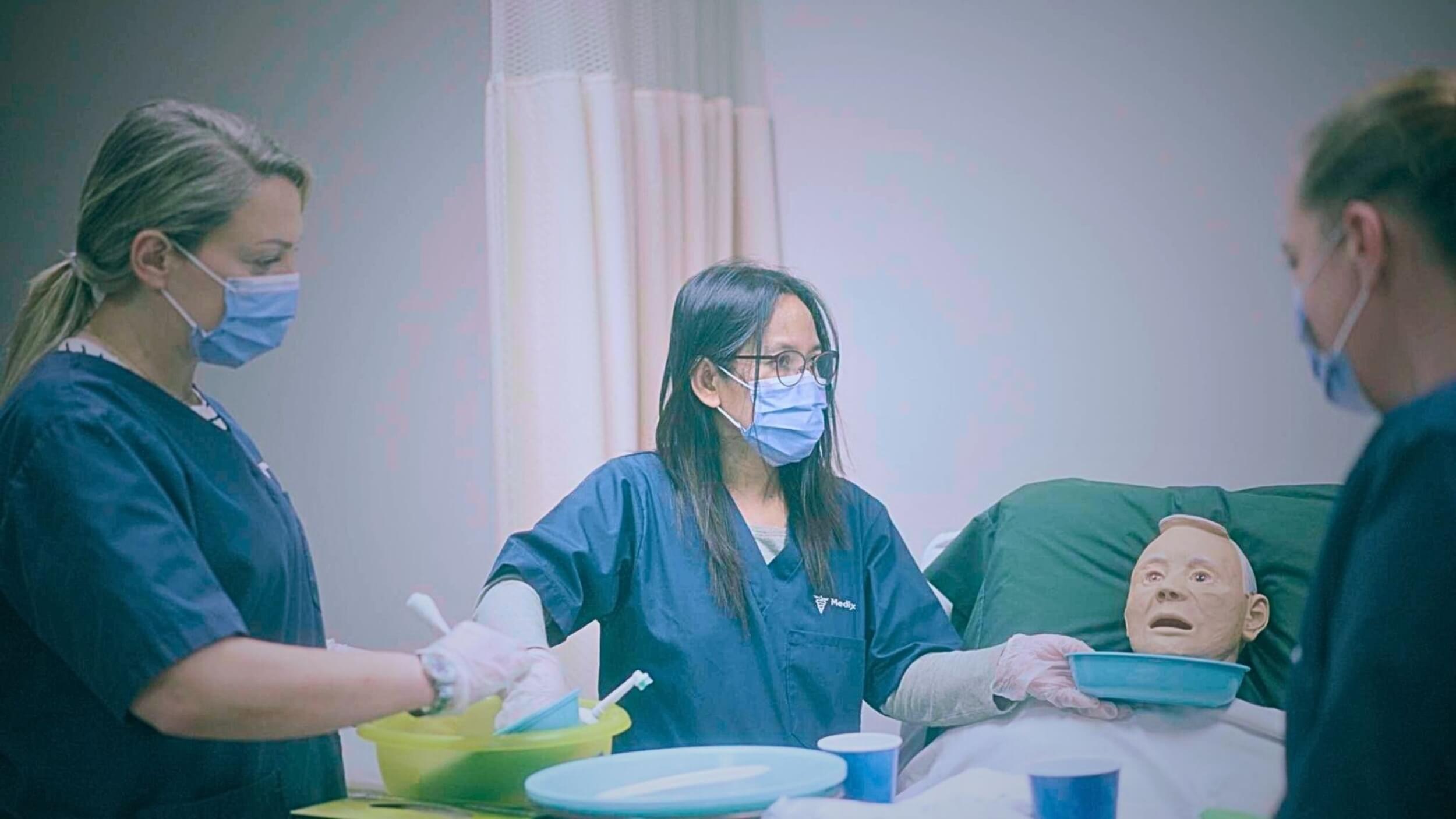What Are the Duties of a PSW in the Hospital? Unveiling the Role
August 30, 2024
What are the duties of a PSW in the hospital? A Personal Support Worker (PSW) plays a key role in healthcare by providing essential assistance and support to individuals in need, particularly in hospital settings. The primary responsibilities of a PSW revolve around aiding patients with activities of daily living, including bathing, dressing, and mobility, ensuring they maintain their dignity during vulnerable moments.
Beyond physical care, PSWs also monitor patients’ health, promptly report any changes to the medical team, and offer emotional support, acting as a compassionate presence during challenging times. Their role extends to creating a safe and hygienic environment, contributing to patients’ overall well-being. PSWs embody empathy, communication skills, and a commitment to enhancing the quality of life for those under their care. In this blog post, we will explore the question, “What does a PSW do in the hospital?” and unveil their multifaceted duties.
Duties of a Personal Support Worker: Assistance and Comfort Care
Providing direct care to patients is one of the most vital duties of a Personal Support Worker. This involves assisting individuals with activities of daily living (ADLs), including bathing, dressing, grooming, and mobility. Hospital patients often face challenges performing these tasks independently due to illness, injury, or surgery. PSWs step in with compassion and empathy, ensuring that patients maintain their dignity and comfort during these vulnerable moments.
A common question regarding PSW responsibilities is can PSW perform wound care? Personal Support Workers typically do not perform wound care. This task falls within the domain of licensed healthcare professionals, such as nurses. PSWs provide essential non-medical support, including assistance with daily living activities and emotional support, but wound care is a specialized medical task that requires specific training and qualifications.

Observing, Monitoring, and Reporting
Monitoring and observing patients’ health and well-being is another essential responsibility of hospital PSWs. They are the eyes and ears on the ground, keeping a close watch on changes in a patient’s condition. This includes observing vital signs, noting changes in behaviour, and promptly reporting any concerns to the nursing or medical staff. This proactive approach helps in the early detection of issues, contributing to better patient outcomes.
All of these duties are what you’d typically expect from a nurse. So, is a PSW like a nurse? While Personal Support Workers and nurses contribute to patient care, they have distinct roles. PSWs focus on daily living assistance, mobility, and emotional support, providing essential non-medical care. On the other hand, nurses possess formal medical training, administer medications, perform medical procedures, and assess patients’ health conditions.

Mobility and Rehabilitation Support
Hospitalized patients often face challenges maintaining their mobility, especially after surgery or prolonged bed rest. PSWs aid in rehabilitation by assisting patients with prescribed exercises, encouraging mobility, and ensuring the proper use of mobility aids. This accelerates the recovery process and prevents complications associated with immobility.
Emotional Support and Communication
Illness and hospitalization can be emotionally challenging for patients. PSWs provide a compassionate presence, offering emotional support and reassurance. Effective communication is a key aspect of their role, involving patients and their families. PSWs liaise between patients, families, and the healthcare team, fostering understanding and trust.
Maintaining a Safe Environment
PSWs are instrumental in creating and maintaining a safe and hygienic environment within the hospital. This involves ensuring that patient rooms are clean, organizing personal belongings, and adhering to infection control protocols. By addressing these aspects, PSWs contribute to patients’ overall well-being and minimize the risk of hospital-acquired infections.
Are you interested in our Personal Support Worker online course?
Contact Medix College for more information.
FAQs
What are the duties of a PSW in the hospital?
A Personal Support Worker (PSW) plays a key role in healthcare by providing essential assistance and support to individuals in need, particularly in hospital settings. The primary responsibilities of a PSW revolve around aiding patients with activities of daily living, including bathing, dressing, and mobility, ensuring they maintain their dignity during vulnerable moments.
Is a PSW like a nurse?
While Personal Support Workers and nurses contribute to patient care, they have distinct roles. PSWs focus on daily living assistance, mobility, and emotional support, providing essential non-medical care. On the other hand, nurses possess formal medical training, administer medications, perform medical procedures, and assess patients’ health conditions.
Can PSW perform wound care?
Personal Support Workers typically do not perform wound care. This task falls within the domain of licensed healthcare professionals, such as nurses.




